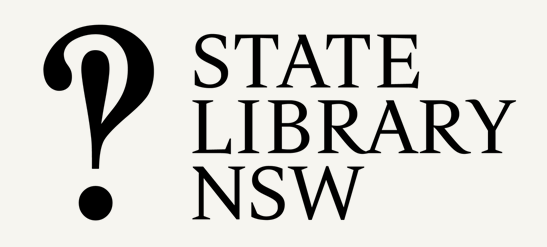Published 2019; revised February 2023
Libraries play a pivotal role in the communities they serve, providing free access to information to support lifelong learning, recreation, research and study, preserving cultural heritage, and championing freedom of expression and ideas. NSLA is fully committed, through ongoing initiatives, to expand access to our collections and to support the efforts of those who seek to make access to information more open for use and re-use to stimulate creativity and innovation.
NSLA will release the material it creates using Creative Commons licences and, where possible, individual NSLA libraries will release their material using Creative Commons licences, to foster a positive, permissions-based environment for researchers, library professionals, educators, and anyone who wants to make use of our material.
NSLA libraries will, where possible, provide copyright owners with options for the application of Creative Commons licences to their works at the point of donation, acquisition or deposit for original and published materials.
NSLA acknowledges and supports creators’ rights and will continue to inform and educate library users about the importance of copyright. NSLA libraries will work to balance the intellectual property rights of creators, including copyright, with the right of the public to access and re-use information.
Creative Commons
Creative Commons is a non-profit organisation that “helps overcome legal obstacles to the sharing of knowledge and creativity to address the world’s most pressing challenges” through the provision of Creative Commons licenses and public domain tools that give every person and organization in the world a free, simple, and standardized way to grant copyright permissions for creative and academic works; ensure proper attribution; and allow others to copy, distribute, and make use of those works.”
Creative Commons bridges the gap between the ‘all rights reserved’ function of copyright and the ‘no rights reserved’ function of the public domain by creating a ‘some rights reserved’ environment. Creative Commons licences empower creators to positively express how their creative works may be used by others and facilitate long term access and re-use of creative works.
Creative Commons are one of the most common forms of open license, and have been adopted by individuals, private sector organisations, universities and governments, and millions of works worldwide are now licensed using Creative Commons licenses. The Australian government has shown leadership in their support of Creative Commons licensing for public sector information in the Australian Government intellectual property rules.









